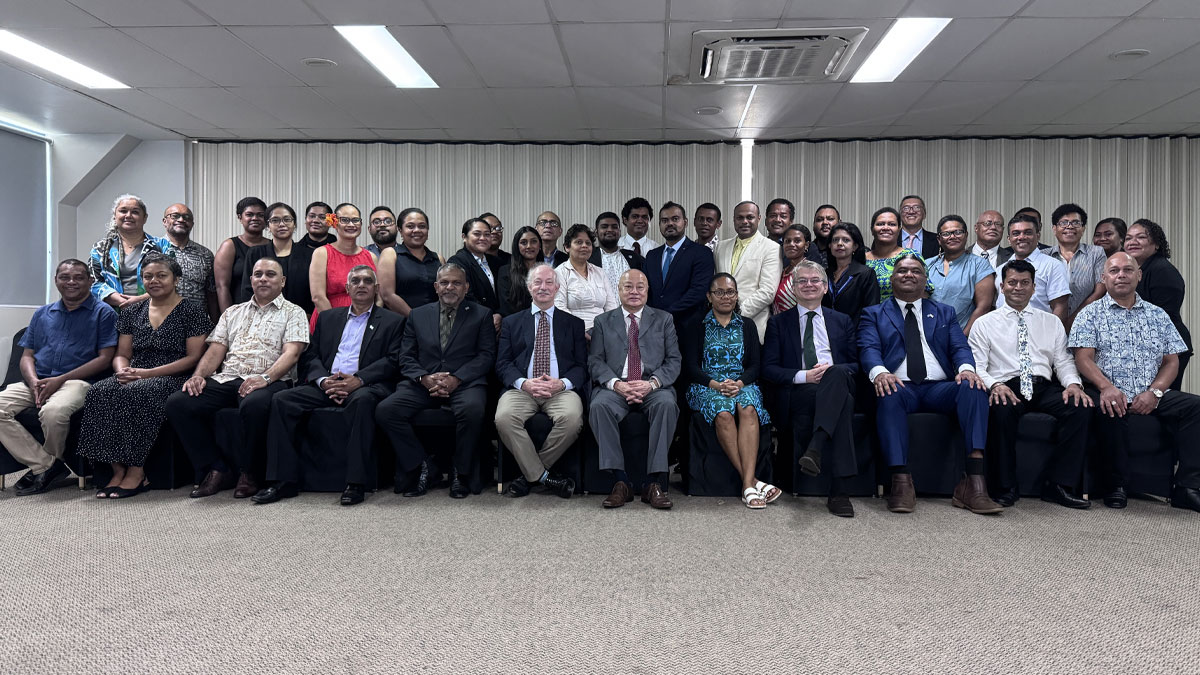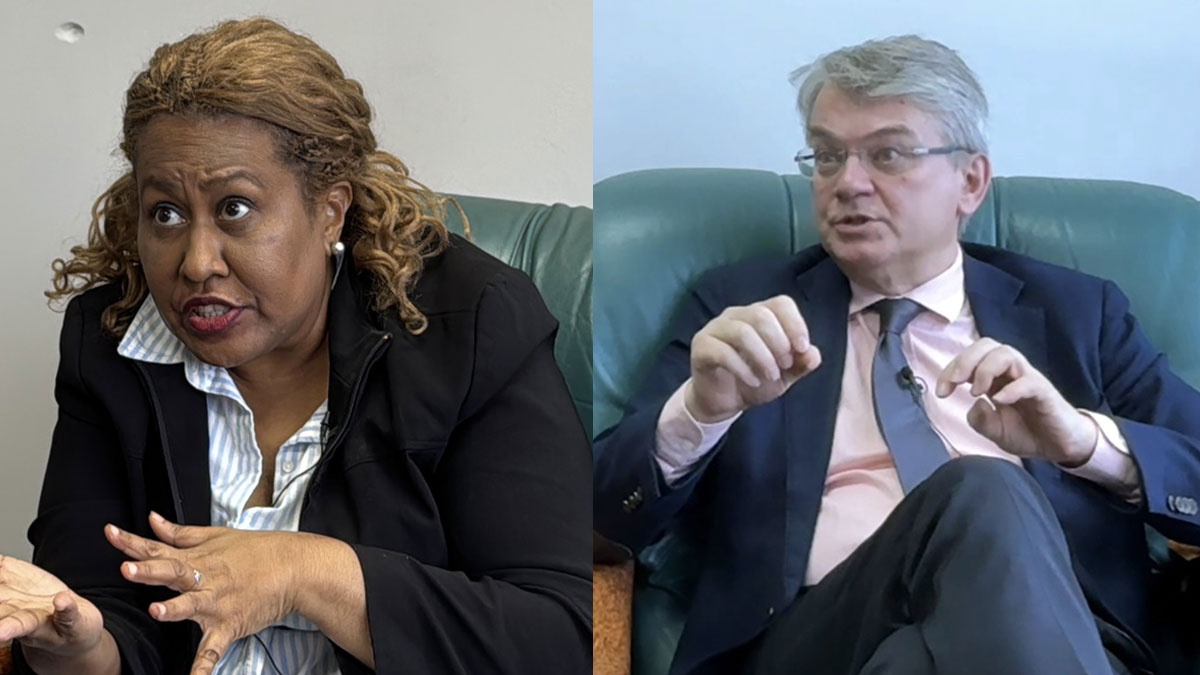
Attorney General Graham Leung says he is confident the Information Act will be operationalized by the first quarter of 2025 as it enhances transparency and accountability in government and it fosters a culture of openness and trust between the government and its citizens.
While opening the Workshop on the Right to Information in Fiji, Leung says 2018 marked a pivotal step towards this goal but unfortunately, for reasons that are not entirely clear to him, the Information Act has not yet commenced.
Leung says the Law Reform Commission has engaged UNESCO and an expert Toby Mendel from the Centre for Law and Democracy to conduct a review of Fiji's laws, and that has already commenced.
He says the Law Reform Commission will undertake Fiji-wide consultations on the laws.
The Attorney General says our constitution recognizes the right to information, but it also recognizes that in certain appropriate instances that right may be restricted, and matters of national security, defense and the proceedings of cabinet would be just some examples of where they would need to be boundaries.
He says the right to Information also applies to not just the public service and the bureaucracy, but to the three branches of government, which are the executive, the legislature and the judiciary.
UNESCO representative, Marius Lukosiunas says the law is not for NGOs, for journalists, or for some other groups but it is for anybody who wants to have information from the government.
Toby Mendel from the Centre for Law and Democracy says one of the issues with the Act is that it does not apply to information produced before it comes into effect while another very important constraint is that it only applies to information in which you have a direct interest.
He also says under the current law, one would have to go to the Accountability and Transparency Commission rather than directly to the public body, which delays the whole process and is not a very logical approach.
The media, Fiji Council of Social Services, government officials, Opposition MPs including Jone Usamate, Faiyaz Koya and Virendra Lal, political party representative, the Human Rights and Anti-Discrimination Commission and other organisations are taking part in the 2-day work workshop that concludes tomorrow.
Wednesday 11/12/2024

Efforts are now underway to finally implement the Information Act 2018 in the country, and to also have an Accountability and Transparency Commission and Code of Conduct which was stated in the 2013 Constitution from when it was promulgated but never established.
Fiji adopted its Information Act in 2018 but the law has not really come into effect, in part because the Accountability and Transparency Commission, which serves as the oversight body for the law, has not yet been appointed.
A two day workshop by UNESCO in partnership with the Fiji Council of Social Services aims to raise awareness among selected stakeholders – including government, senior civil servants, media, information officers, and CSOs – about how the Act works and how to make and process requests for information.
Fiji Law Reform Commission Director, Raijeli Tuivaga says Attorney General, Graham Leung has spoken to the Commission, and their aim is to review the Information Act 2018 and establish the Accountability and Transparency Commission and also have a law on the Code of Conduct which is long overdue.
Tuivaga says citizens should have equal rights to information, and they will have full consultations before they take the reviewed laws back.
She says the Attorney General’s timeline is the first quarter of next year.
Marius Lukosiunas from UNESCO Headquarters Section for Universal Access to Information, says they are here to assist Fiji in putting together a right to information law.
Stay tuned for the latest news on our radio stations

